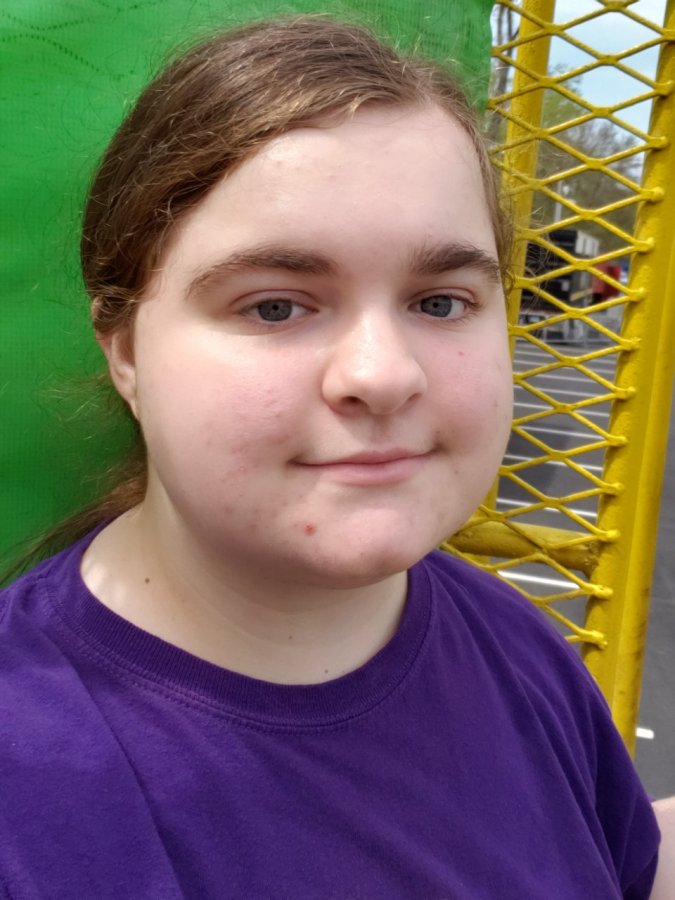Online Friends: A Real and Accessible Alternative
“Oh, who are you talking to?”
A friend.
“A friend? Where did you meet them?”
Online.
“Online? Why don’t you try getting some real friends?”
I hear things like this all the time. There’s a stigma that exists for relationships formed online, whether they are platonic, romantic, or anything in between.
Anyone who has spoken to me longer than five minutes knows I’m not the greatest at socializing. This is for the most part, because I am autistic. I was diagnosed at a very young age. Because I am on the autism spectrum, I have a lot of difficulty socializing with others, and for the most part I am too nervous to consider starting a conversation. Even when I do get involved in a discussion, I often find myself overwhelmed the longer it goes on, and I have to break away to decompress before I’m ready to have any more social interaction.
As a result, conversations with me, especially covering a topic I have little interest or knowledge of, are very one-sided. They involve a lot of awkward smiling and nodding, repeated movements, and a lack of eye contact. These things may come off as strange to those who are unaware of my disability, and I have discovered there is rarely, if ever, a good time to try and explain myself for fear of appearing even stranger.
When I go online, however, all of my apprehensions vanish. No longer do I need to try and force eye contact, or worry that I’m worrying someone with my awkward facial expressions or little hand or head movements. Online, the only thing I have to communicate are the keys in front of me, and since I can take as long as I need to reply, there is no pressure trying to immediately come up with a response like there is for me in a face-to-face interaction.
The internet, particularly social media, really helps me meet new people and form wonderful, potentially lifelong relationships. On the internet, there are plenty of places where I can find people who share my interests, so I no longer need to worry about no one knowing what I’m talking about and making myself embarrassed.
I’ve made friends with people around the world online, people whom I can confide in whenever I am feeling down, or laugh with whenever any of us share a funny story. Just because I’m not standing in front of a person while speaking to them doesn’t make the individual on the other side of the screen stop existing.
The concept is especially condescending, considering how beneficial the medium is for people with social issues. While I can only speak for myself as an autistic person, I am certain other people with similar mental disabilities such as social anxiety disorder can benefit from the online experience as well.
The idea that relationships formed online are less ‘real’ by default is silly at best, and insulting at worst. We need to reflect on why we, as a society, condemn those who search for people to spend time with online. We live in an era of rapidly advancing and accessible technology, and we shouldn’t make people feel lesser for utilizing it.




